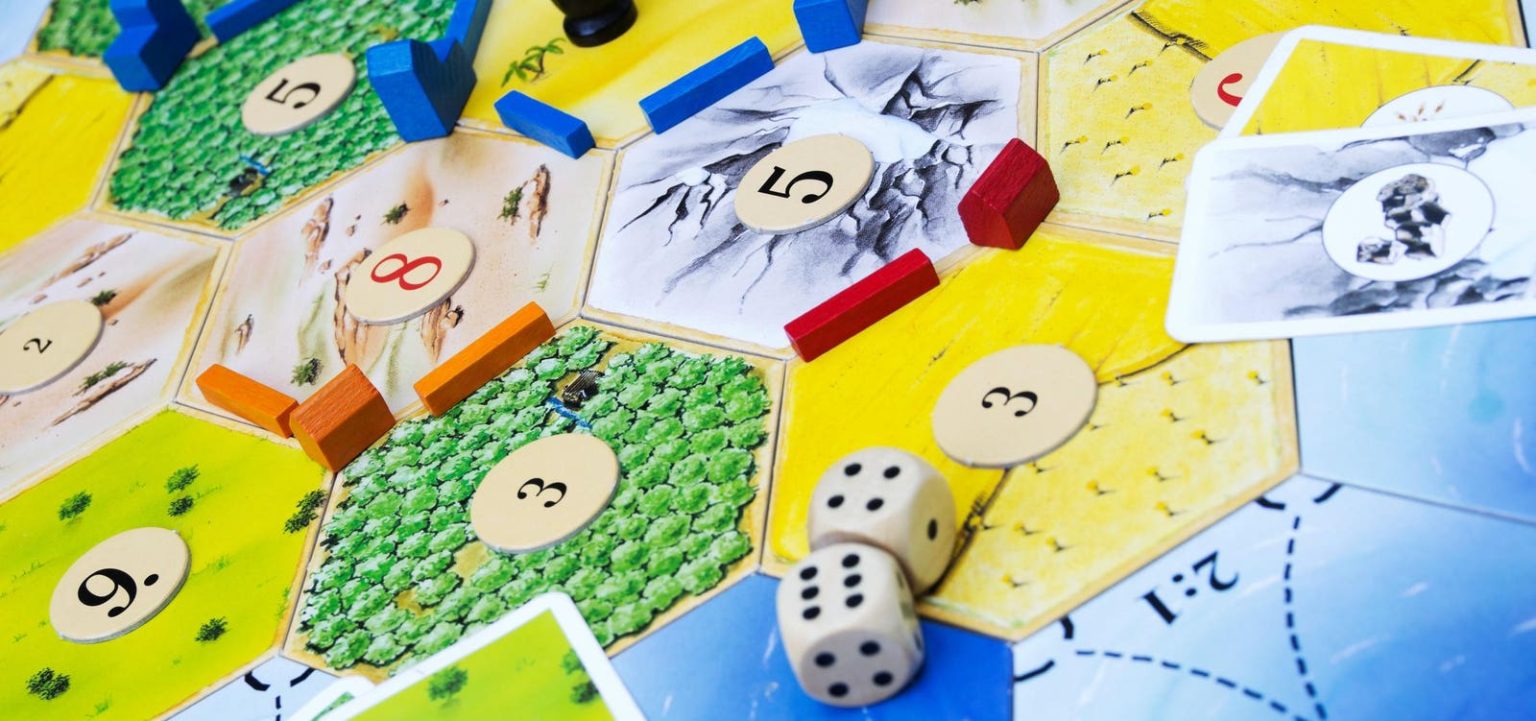Board games have always been a reflection of the times in which they are created. Monopoly embodies the capitalistic spirit of a nation on the rise, The Game of Life symbolizes the American dream, and Risk reflects the new, nuclear-armed world order. Catan, one of the most popular board games of the past couple of decades, emphasizes the deeply political nature of our quest for resources, power, and development.
Now, there is a new twist on Catan. A standalone version called Catan: New Energies introduces a layer of political drama focused on carbon capping and climate management. Players must manage energy needs for their societies, starting with cheap fossil fuels that cause pollution events. As they invest in renewable energy, pollution events are replaced with rewards for sustainable strategies. The game highlights the importance of investment in renewables and the impact of pollution on everyone.
The new version of Catan includes elements such as “environmental inspectors,” “global footprint markers,” “science cards,” and “hazard tokens.” While the game simplifies the climate dynamics of the real-world, it holds instructional merit. Scientists and policymakers often use game theory to analyze strategic interactions between decision-makers in devising sustainable environmental policies. Catan: New Energies serves as a tool for understanding the complex dynamics of environmental sustainability.
The tragedy of the commons, a concept that highlights the exploitation of shared resources for personal benefit, is depicted in Catan: New Energies. The game mirrors real-world issues like overfishing in open-access waters, where individuals prioritize their immediate economic interests over sustainable management practices. Without effective regulation or enforcement mechanisms, resources are depleted to the detriment of present and future generations.
In the original version of Catan, players race to acquire resources and grow their civilizations without regard for sustainability. Catan: New Energies depicts self-interested countries that can opt for breakneck growth, risking the collapse of civilization. The game aims to promote a greater appreciation for coordinating sustainable climate policies but may lead to more family feuds than the original version. Through gameplay, players can gain insight into the challenges of environmental sustainability and the opportunities for making sustainable choices.


